Bleeding gums may signal premature labour
By naturopath Margaret Jasinska
New research has shown that the health of an expectant mother’s gums may indicate her risk of premature delivery.
Researchers compared gum inflammation and the microbes in 33 women whose babies were born before 37 weeks, with 44 women who had full term deliveries. According to study author Dr. Valentin Bartha, of Heidelberg University Hospital in Germany, “We observed that women with premature births more often had inflamed gums, with pockets and loss of the supporting tissue around their teeth compared to their peers with full-term pregnancies. If confirmed, these results could have implications for preventing preterm delivery, which occurs in 10% of births and accounts for up to 75% of perinatal deaths and more than 50% of developmental disorders in children”.
Gum disease is known as periodontitis and is triggered by a microbial infection. Symptoms include gums that are red, bleeding, inflamed and they may become swollen. Chronic inflammation in the area can cause pockets and gaps around the teeth. If this continues for years, there can be destruction of the supporting tissues and bone with eventually tooth loss. In this study the scientists collected data about the women’s ages, smoking habits, health conditions and any medication taken. They checked for bleeding gums, the depth of pockets and loss of attachment at several teeth. Plaque samples were taken and the researchers used gene sequencing to identify bacterial species.
Women with preterm delivery had significantly greater loss of tooth attachment, more pockets measuring 4 mm or more, and unfavourable strains of bacteria on and under their teeth.
The following strategies may help to keep your gums healthy

Diets high in sugar and refined carbohydrate like bread, crackers and breakfast cereal promote plaque accumulation and unhealthy oral microbes. Limit those foods or avoid them completely.
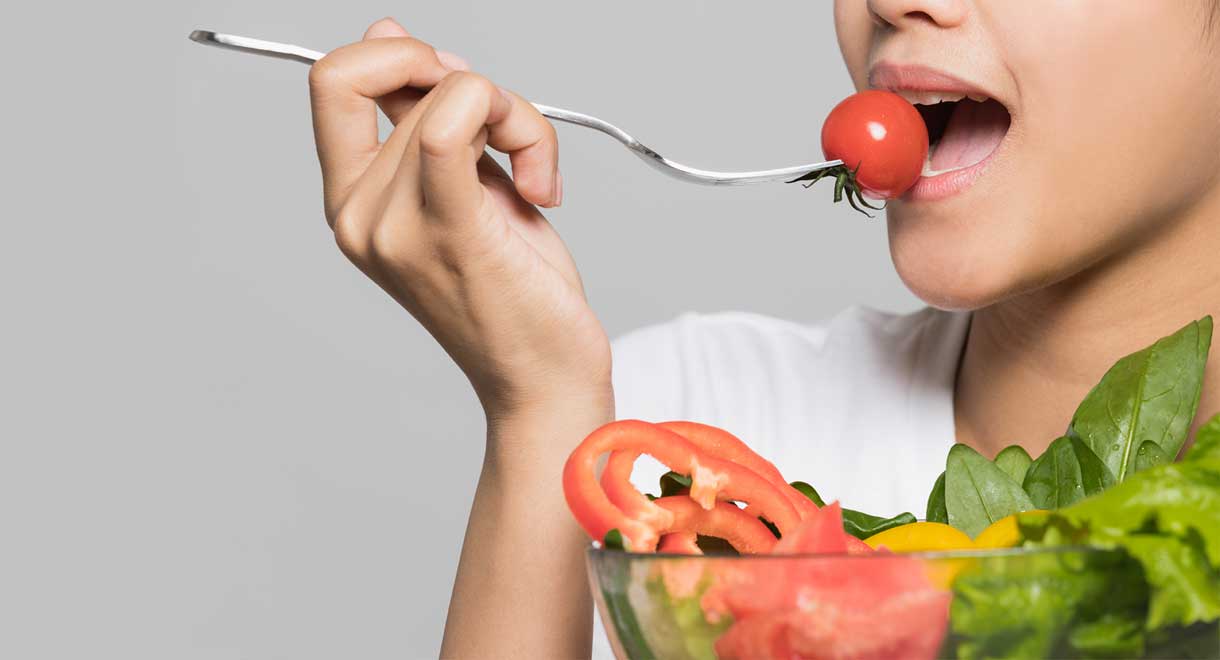
Eat lot of vegetables. Ideally you would eat two or three cups of chopped vegetables per day. Try to have as wide a variety of vegetables as you can; avoid eating the same few varieties each day. Cooked vegetables are fine but some of the vegetables you eat must be raw. Making your own raw vegetable juices is a tasty way to increase your vegetable intake. Try to base your diet on home cooked meals comprised of protein, vegetables and natural fats.
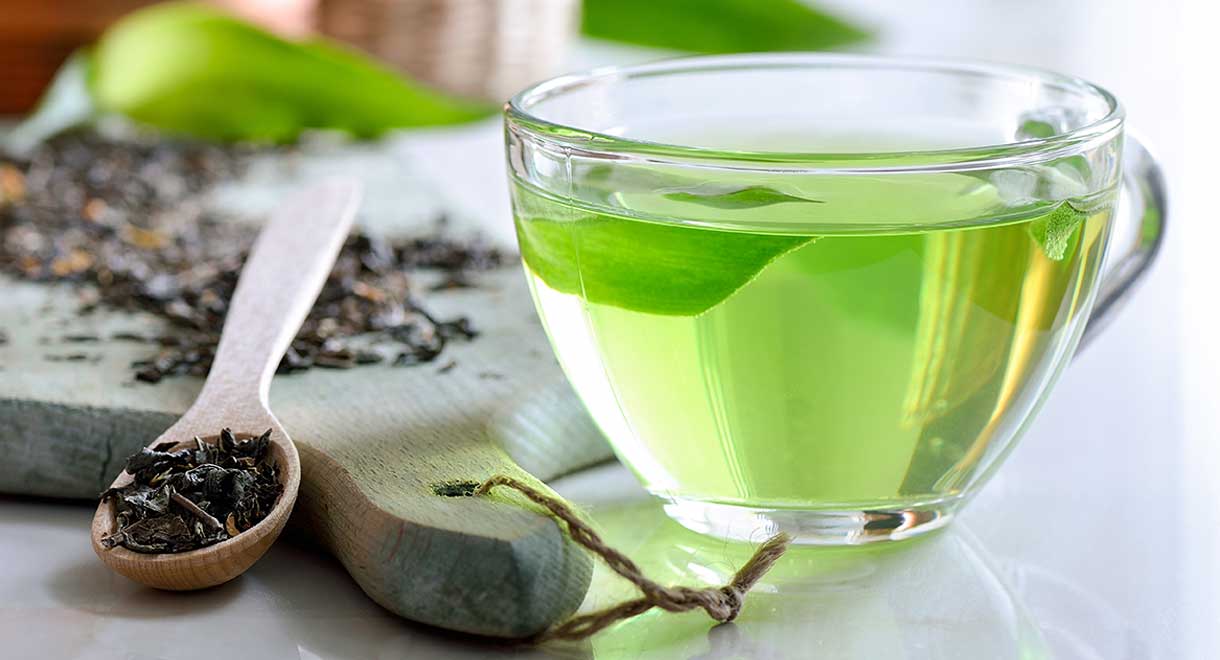
Green tea can protect your gums against infection. Research published in the Journal of Peridontology has found that the antioxidants present in green tea have an anti-inflammatory effect on the gums. Green tea contains 30 to 40 percent water soluble antioxidants (polyphenols), while black tea contains between three and ten percent. This particular study recruited 940 Japanese men aged between 49 and 59. Each cup of green tea consumed had a significantly beneficial effect on the health of the gums.
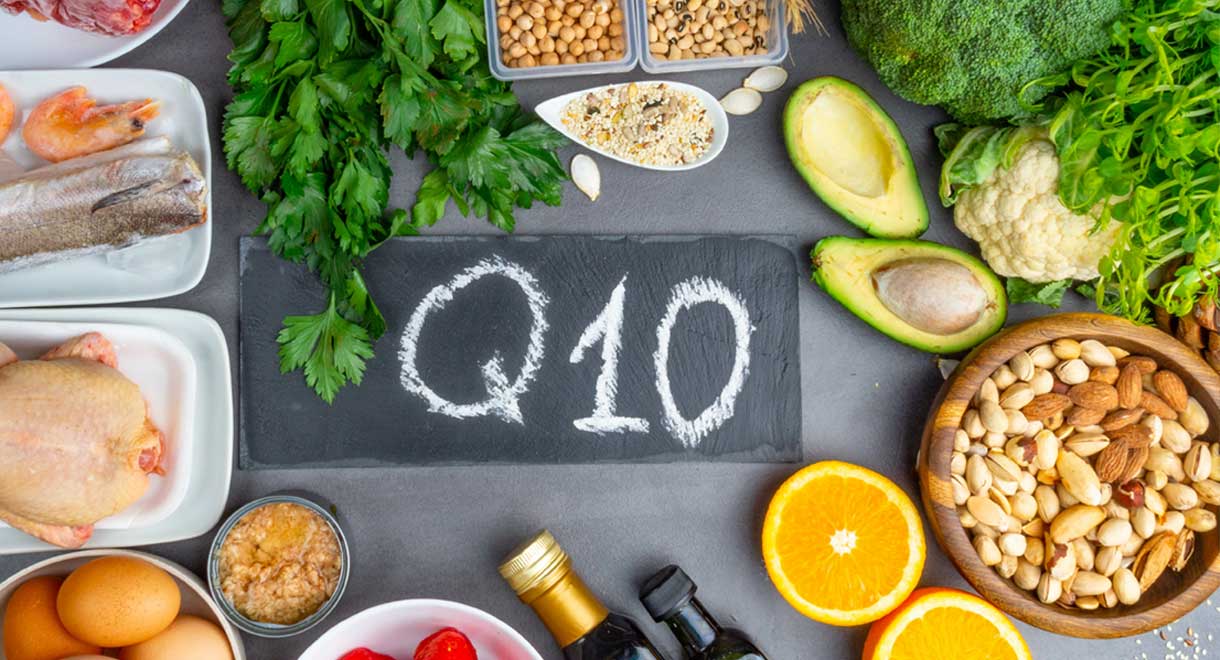
Co-enzyme Q10 helps to protect against periodontal disease. Co-Q10 is a powerful antioxidant and recent studies have shown that it has an affinity for gum tissue. It is found in high quantities in beef and lamb heart.
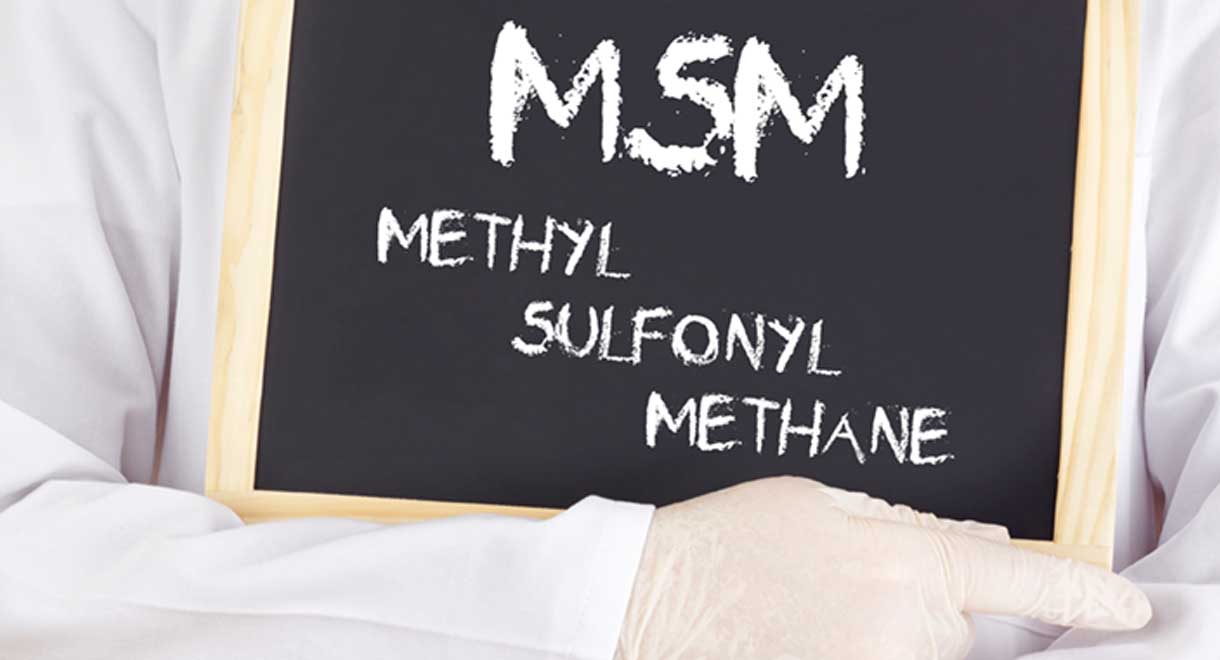
MSM helps to strengthen the gums. MSM stands for Methyl Sulfonyl Methane. It is a natural form of sulfur, which the body uses to produce connective tissue. The gums have a high requirement for sulphur. Ideally MSM is taken in powder form combined with vitamin C and zinc, which are also needed for collagen synthesis.
References:
European Federation of Periodontology, news release, June 17, 2022
https://www.ncbi.nlm.nih.gov/pmc/articles/PMC3459493/





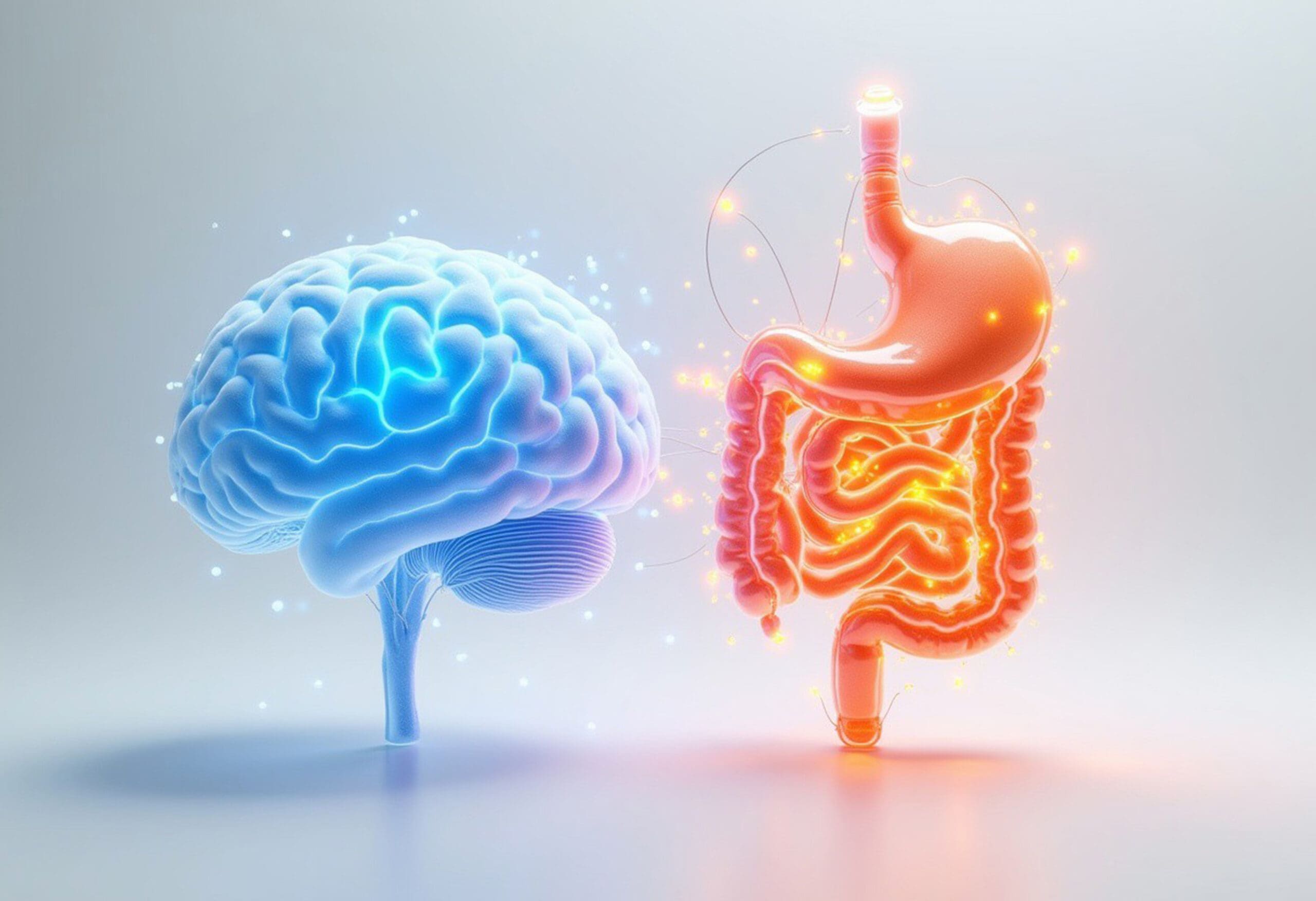



Leave A Comment